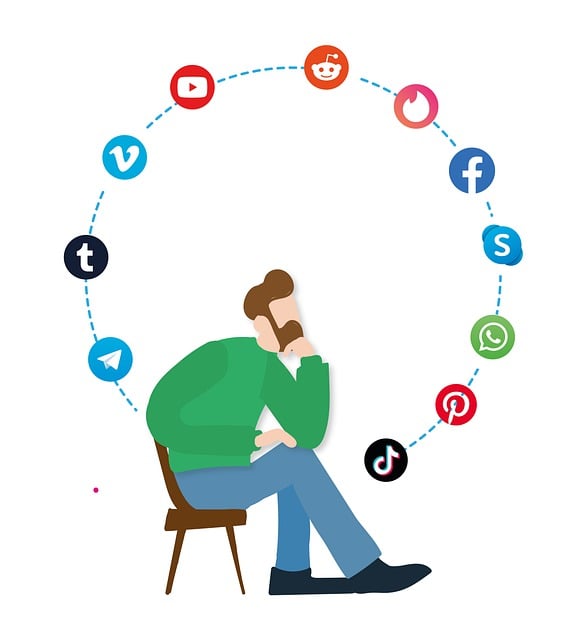This article aims to guide teens on responsible social media use, providing them with essential knowledge and skills to navigate the online world effectively. Social media has become an integral part of modern life, and it’s crucial for teenagers to understand its implications on their mental health, relationships, and academic performance.
According to a study by Common Sense Media, spending more than two hours per day on screens can negatively impact teenagers’ physical and mental well-being. Therefore, it’s essential for teens to develop responsible social media habits that promote healthy interactions and minimize the risk of online harm.
Encouraging Creative and Educational Tech Use in Children emphasizes the importance of teaching children how to use technology in a way that fosters creativity, learning, and social skills. By doing so, parents can help their kids develop essential digital literacy skills that will benefit them throughout their lives.
Similarly, Helping Kids Navigate Online Safety and Privacy provides valuable insights into how to educate children about online safety and privacy. By understanding the risks associated with social media use, kids can take proactive steps to protect themselves from cyberbullying, harassment, and other forms of online harm.
Digital Etiquette – Digital Citizenship – LibGuides at Dalian American … offers a comprehensive guide to digital etiquette, including tips on how to behave online, communicate effectively, and respect others’ online presence. By adopting these principles, teens can build positive relationships with their peers and establish themselves as responsible social media users.
Digital Etiquette provides an engaging and interactive learning experience for kids to learn about digital etiquette. The website features quizzes, games, and educational resources that make it easy for teens to understand the importance of online behavior.
Key Points:
*
-
* Set clear boundaries and rules for social media use
* Encourage responsible posting practices
* Foster a growth mindset when dealing with online criticism or negative feedback
* Be aware of cyberbullying and harassment
* Use strong, unique passwords and enable two-factor authentication
* Regularly monitor and review online activity
*
Regularly reviewing and monitoring your teen’s online activity is essential to ensure their safety and well-being. This includes tracking their social media use, setting boundaries, and encouraging responsible behavior.
Steps to Develop Responsible Social Media Habits:
1.
-
* Set clear expectations for social media use
* Establish rules and consequences for violating those rules
* Encourage open communication about online experiences
* Model responsible behavior yourself
* Educate your teen on online safety and privacy
*
Developing responsible social media habits requires a combination of education, guidance, and ongoing monitoring. By setting clear expectations, establishing consequences, and modeling positive behavior, parents can help their teens develop essential skills for navigating the online world effectively.
Conclusion:
Social media has become an integral part of modern life, and it’s crucial for teenagers to understand its implications on their mental health, relationships, and academic performance. By educating teens about responsible social media use, parents can help them develop essential skills for navigating the online world effectively. Remember, setting clear expectations, establishing consequences, and modeling positive behavior are key to fostering healthy social media habits in your teen.
As Digital Etiquette – Digital Citizenship – LibGuides at Dalian American … emphasizes, digital etiquette is not just about being polite online, but also about respecting others’ online presence and engaging in positive online behavior. By adopting these principles, teens can build strong relationships with their peers and establish themselves as responsible social media users.
Digital Etiquette provides an engaging learning experience for kids to learn about digital etiquette. The website features quizzes, games, and educational resources that make it easy for teens to understand the importance of online behavior.
Final Tips:
* Be mindful of your online presence
* Use strong passwords and enable two-factor authentication
* Regularly review and monitor your social media activity
* Foster a growth mindset when dealing with online criticism or negative feedback
* Engage in positive online behavior

